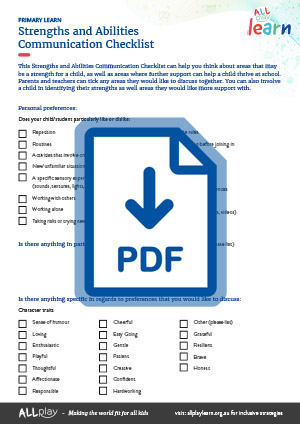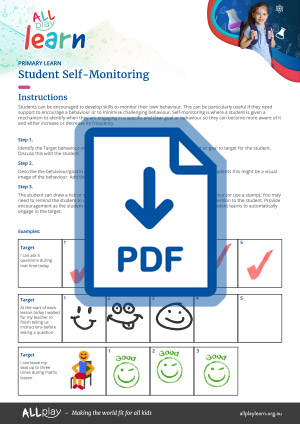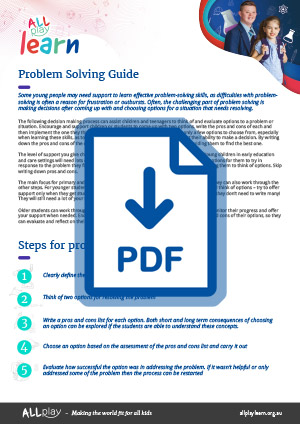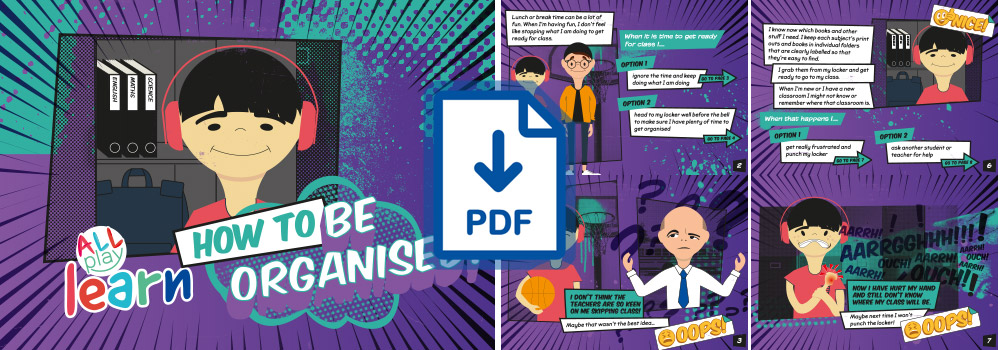
Oppositional Defiant Disorder
On this page:

About oppositional defiant disorder
All teenagers have times when they might refuse to do something they are asked, disrupt others or not listen. Teens with oppositional defiant disorder (ODD) need support with these behaviours which disrupt their day-to-day life. These students can appear defiant, disobedient, angry and irritable. They might argue with parents, teachers and other students. They may find it hard to follow teachers’ instructions. They may lose their temper if they feel like something isn’t going their way. Sometimes, it might seem like they annoy other students on purpose, or don’t take responsibility for their actions. They might refuse to join in group activities and get out of their seat regularly.
For some students with ODD, reading, writing, maths and concentrating can be hard. Some may also have language delays and find talking about emotions difficult. Students with ODD can have trouble communicating, and making friends. It is also common for students with ODD to have low self-esteem.

Strengths
What might be some strengths?
- Some students will be able to learn and pay attention in the same ways as others.
- Students with ODD often have a normal working memory. This means they can remember things in their head like images, numbers or several pieces of information at once.
- Many students with ODD are highly motivated by reward systems.
- Students with ODD often enjoy hands-on learning. They may learn new information well through this approach.
- Some students with ODD are creative and enjoy art.
Where might you provide support?
- Students with ODD may need support managing their emotions. They may be easily frustrated or angered.
- They may find it hard to follow instructions and rules, which can be disruptive for class time, excursions, and activities like physical education.
- Students with ODD may have trouble making and keeping friends. They sometimes have trouble communicating and may find it hard to understand social situations. This can also impact their self-esteem.
- They may find problem solving hard. This can make schoolwork difficult, particularly as they may get frustrated easily. Finding it difficult to understand a problem or conversation is often a reason for emotional outbursts.
- Students with ODD might not be able understand the consequences of a behaviour. They might distract another student in class without thinking about the other student, the class or what the teacher might say.

Evidence-based strategies

Best practice tips
Provide a positive environment
Be proactive
Build their skillset
Collaborate with parents
Adapt your response to students’ behaviour
Promote self-determination
- Promote self-determination. Empower and teach students to make simple choices, set goals, be independent, and develop problem-solving abilities. Use technology as needed.

Curriculum considerations

Other considerations
Safety
First aid
Safety drills
Behaviour
Relief teachers
Friendships
Homework
Excursions and camps
Wellbeing
Transitions
Other co-occurring conditions

Relevant resources
Visit our resources page for a range of resources that can help to create inclusive education environments for students with disabilities and developmental challenges. Some particularly relevant resources for students with oppositional defiant disorder include:




